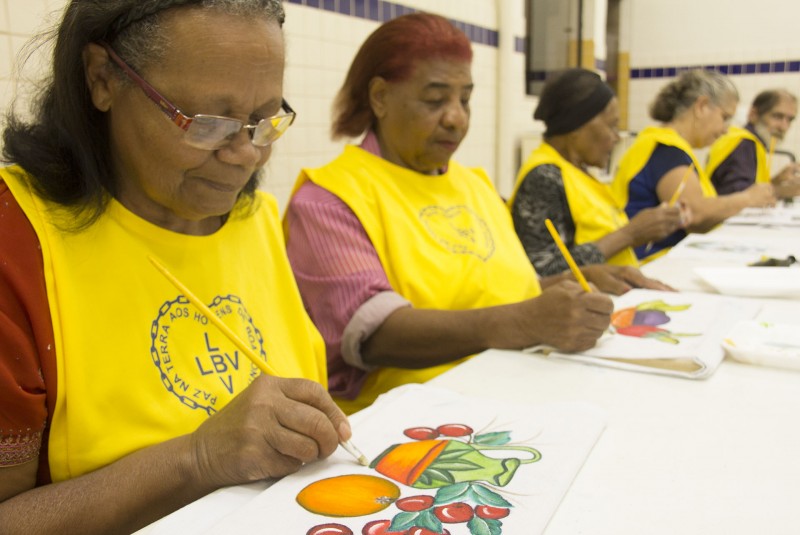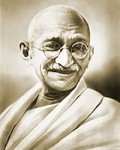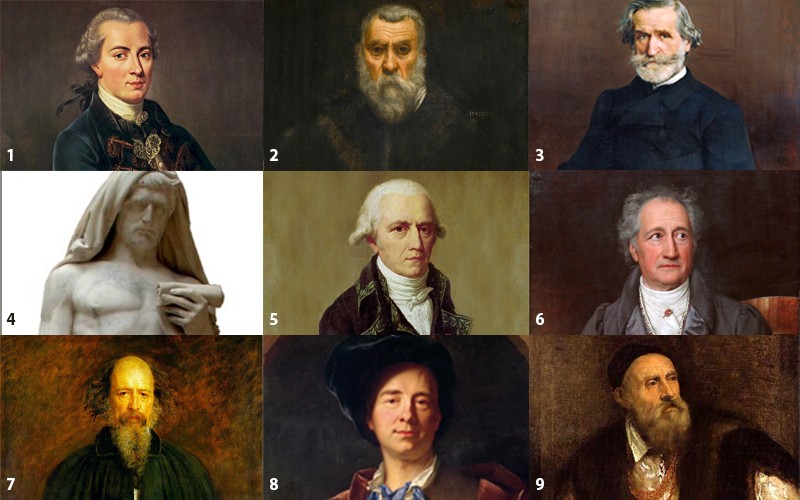It Is All a Matter of Mentality

I very much appreciate this quote from the famous German photographer who lived in the United States, Ruth Bernhard (1905-2006): “I shall die young, at whatever age the experience occurs.”
Her words are in line with what I always say to the youth in the Good Will Organizations,* no matter how old they are: Young is the one who has kept his/her ideal of Goodness. Therefore, chronological age does not really define if you are young or old, despite some of the natural challenges that come with age. There are young people who are old at heart and old people who are young at heart. It all depends on their mentality.
That is why, when we speak of youth in the Good Will Organizations, we do not take into account how long they have lived. This is how we refer to every person who has not lost his/her fraternal ideal. They are all those who wish to make progress on the path of Peace here on Earth or are already in the Spiritual World; after all, no one dies. Progress also continues there. A brief explanation: I have qualified the noun “ideal” with the adjective “fraternal,” in view of the fact that there are some “ideals” that should not be pursued, such as those that praise violence, intolerance, and prejudice.


In addressing those who prefer the path of concord in this world full of brutality, I am not referring to cowards or idlers, since being a peacemaker requires courage, as Gandhi (1869-1948) could tell.
While there are lots of young people engaged with our work, and I am satisfied with that because they keep the culture for posterity, there are also many senior citizens who are young at Spirit and very active. Well, well!
Outstanding figures in History have carried out revolutions at an advanced age.
I quote now a passage from the Antologia da Boa Vontade [Good Will Anthology] (1955) to categorically illustrate my point of view regarding the real meaning of youth:
“Those who during their lifetime knew how to cultivate Spirit and body side by side cannot, and should not, judge themselves to be old when they reach the age of 60. Consider, for example, the fact that ‘Kant, the famous philosopher, wrote about Anthropology, Metaphysics, and Ethics at the age of 74. Tintoretto, also at the age of 74, painted a canvas that measured more than 20 meters by almost 10, his celebrated Paradise. Verdi wrote his opera Otello at 74, his masterpiece Falstaff when he was 80, and when he was 84, he wrote three immortal religious pages: Ave Maria, Stabat Mater, and Te Deum. When Cato was 80, he began studying Greek. Lamarck published his Natural History of Invertebrate Animals at 78. Goethe only completed his masterpiece, Faust, when he was 80. Tennyson wrote his famous work Crossing the Bar when he was 80. Fontenelle, one of the encyclopedists, said when he was 90 that he had never felt the least memory loss or failing in his reasoning. The historical Allegory of Battle of Lepanto was painted by Titian at the age of 88!’”

1- Kant, 2- Tintoretto, 3- Verdi, 4- Cato, 5- Lamarck, 6- Goethe, 7- Tennyson, 8- Fontenelle, 9- Titian
We should think about this.

The comments do not represent the views of this site and are the sole responsibility of their authors. It denied the inclusion of inappropriate materials that violate the moral, good customs, and/or the rights of others. Learn more at Frequently asked questions.